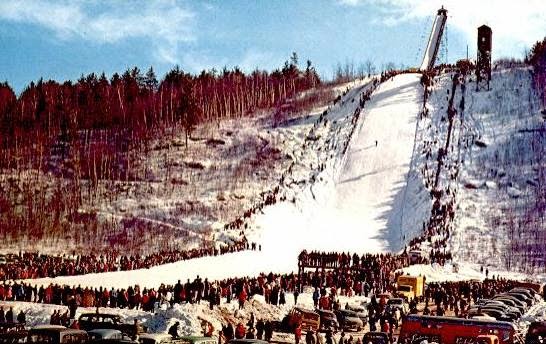CHRIST
IN WINTER: Reflections on Faith for the Years of Winter… ©
I
pray for all my preaching friends each Sunday morning, wishing I had words of
wisdom to share with them. They don’t need my words of wisdom, but I feel
uneasy if I’m not sharing words of wisdom, since I seem to have so many, and
younger preachers seem to have so few.
That’s
not true, of course, on either count. I don’t have wisdom just because I am
old, and younger people don’t lack it just because they are young. One of the
frustrations of old age, though, is wanting to share what wisdom we do have and
finding that no one wants it.
I
recall an older man in one of my churches. I’ll call him “Harry.” He thought he
was the elder statesman and that whenever he spoke, that was the end of the
discussion. I sometimes did not think his word was adequate as the last word,
and so I would keep the discussion going. This bothered Harry, enough that he
began to give me those “distant” signals that church people give, meaning he
would not talk with me about his dis-ease with me, but he told other people in
the church, and each year he led a movement to deny me a salary raise.
At
one of those “no salary” church conferences, Harry was especially distraught
because one of the younger men in the church, in his 30s, had openly opposed
him. The next morning Harry was in my living room, bemoaning the lack of
respect that younger people had for their elders, and presumably betters.
One
fascinating part of that scene was that he still thought of me as his pastor.
Even though he disliked me and my unwillingness to acknowledge him as the only
wise person in the church, and just the night before had tried to deny me a
salary raise, when he wanted to complain about others who not adequately
respect his wisdom, he came to me, a younger man, and expected me to sympathize.
I
did sympathize with him, of course, in part just because I was his pastor, but
also because I could anticipate that time when I would be in his chair, in his
years, wanting to share wisdom and not finding many takers.
The
task of old age is not delivering wisdom but telling stories. I tell me stories
to those who want to listen, or feel they have to, and if there is any wisdom
there, they can find it on their own.
A
woman recently said to me, “You’re so full of stories.” That was gratifying,
mostly because “You’re so full of…” is not always followed by “…of stories.”
JRMcF
johnrobertmcfarland@gmail.com
My
youthful ambition was to be a journalist, and write a column for a newspaper.
So I think of this blog as an online column. I started it several years ago,
when we followed the grandchildren to the “place of winter,” Iron Mountain, in
Michigan’s Upper Peninsula [The UP]. I put that in the sub-title, ”Reflections
on Faith from a Place of Winter for the Years of Winter, where life is
defined by winter even in the summer!” [This phrase is explained in the post
for March 20, 2014.] We no longer live in “the place of winter.” The
grandchildren grew up, so in May, 2015 we moved “home,” to Bloomington, IN,
where we met and married. It’s not a “place of winter,” but we are still in
winter years of the life cycle, so I continue to work at understanding what it
means to be a follower of Christ in winter…
I
tweet as yooper1721.
